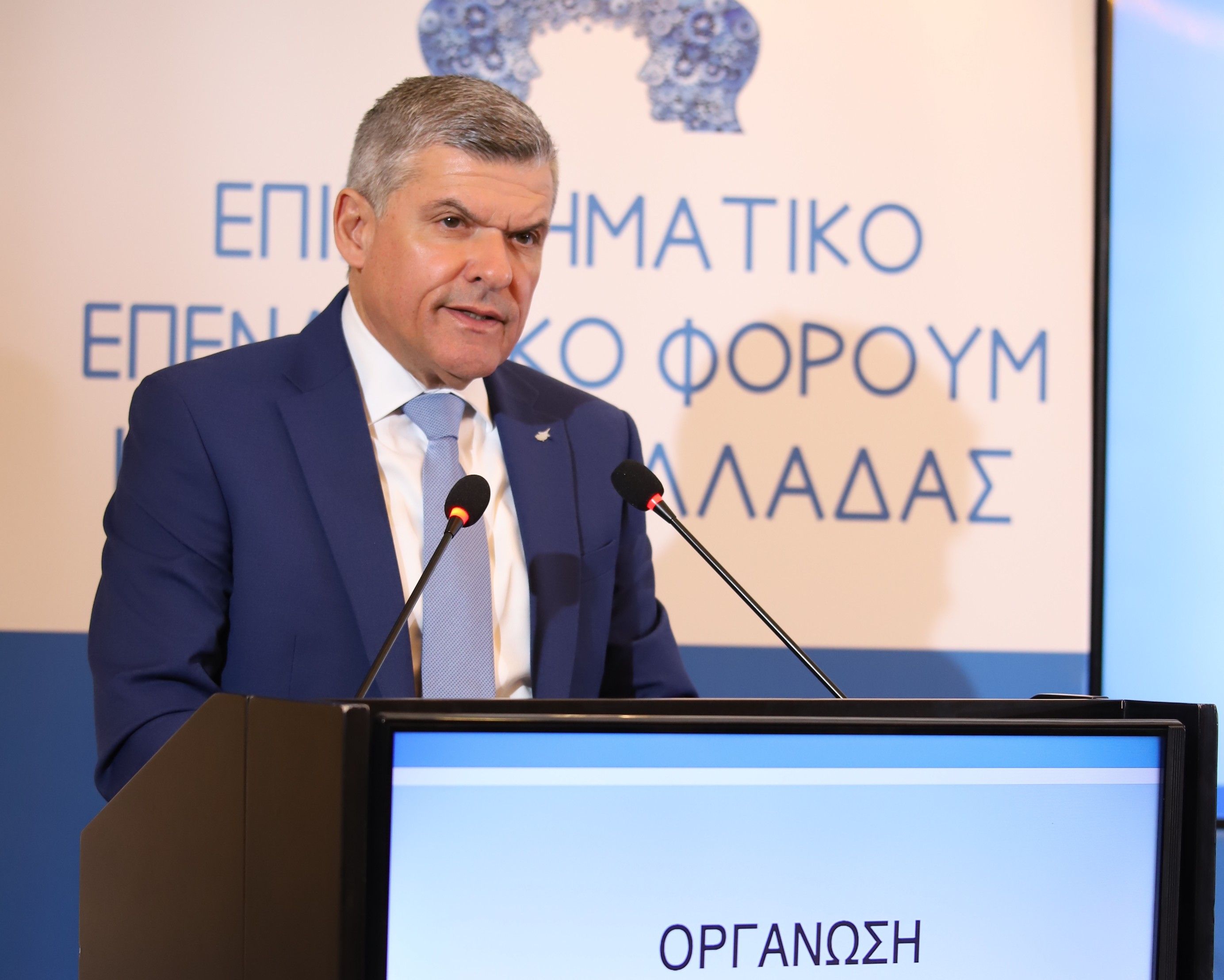The energy ministers of Cyprus and Greece committed on Thursday to their respective governments pressing ahead with “technical and institutional consultations” for the Great Sea Interconnector (GSI) project, a proposed subsea cable linking the two countries’ electricity grids.
During a visit to Athens, Energy Minister George Papanastasiou met with his Greek counterpart Stavros Papastavrou.
Unnamed Greek government sources later told the Cyprus News Agency that the issue of the interconnector – a cause for friction between the two countries – dominated the talks.
According to the sources, the two ministers agreed to “continue the technical and institutional consultations in the coming period, aimed at pushing forward the necessary procedures for the commencement of the next phases of the project”.
Later, Papanastasiou confirmed he and Papastavrou had discussed the interconnector.
He said it was agreed to arrange a meeting as soon as possible between the energy regulators of the two countries, plus Admie.
Also, a conference call discussing the GSI would take place next week with the participation of the EU Commissioner for Energy.
The European Commission has pledged €657 million in grants to the interconnector project.
Earlier this week, President Nikos Christodoulides commented that “no crisis” exists between Cyprus and Greece over the GSI.
Asked whether the interconnector will be built, he said it will “of course” be built, and that “of course, we are working in that direction”.
These comments came after he had made some stinging remarks about the promoter of the project – Greece’s independent transmission system operator, or Admie by its Greek acronym.
Christodoulides had declared that the Cypriot state would not be “blackmailed” by Admie.
That, in turn, came after the media here revealed that Admie is challenging a decision by Cyprus’ energy regulator concerning the costs incurred by the promoter thus far.
The regulator here says that Admie has documented only €82 million in capital expenditures for the GSI. Admie insists it has spent €251 million.
Per the split agreed between Cyprus and Greece, the former must cover 63 per cent of the expenses, the latter 37 per cent.
The interconnector is said to carry a price tag of €1.9 billion. According to the schedule, the project would become operational by the year 2030.






Click here to change your cookie preferences